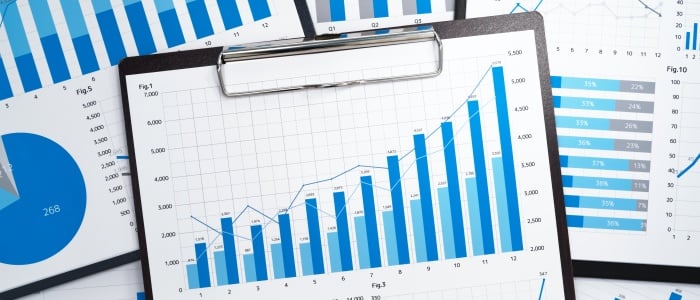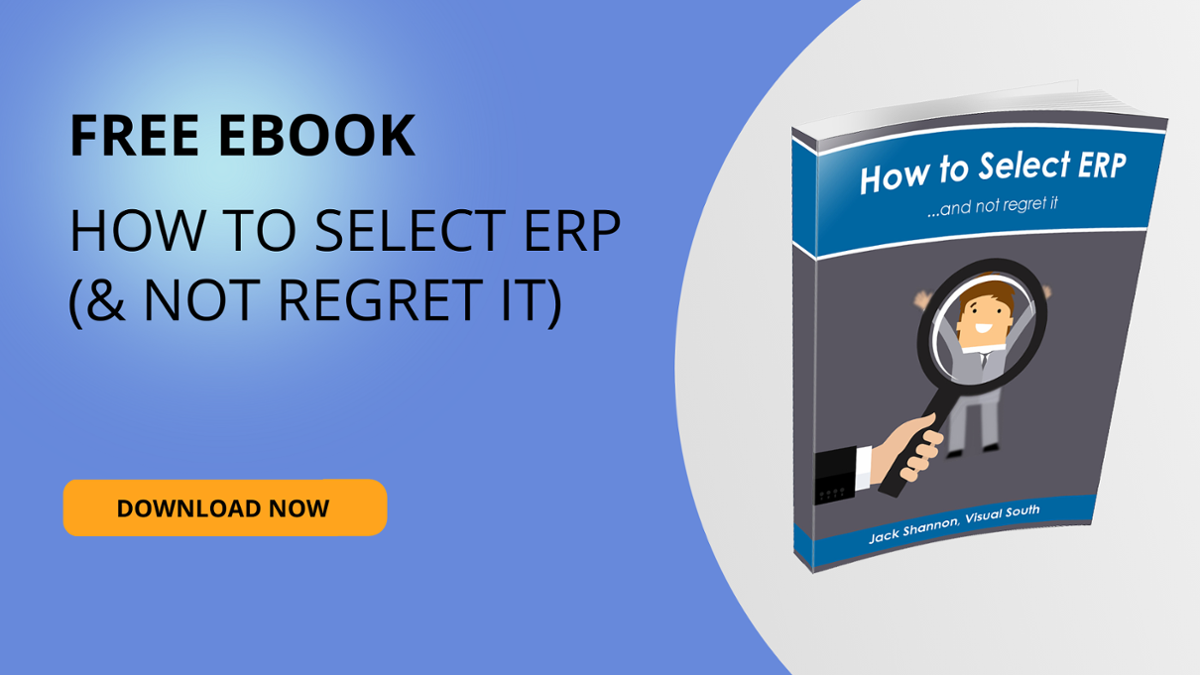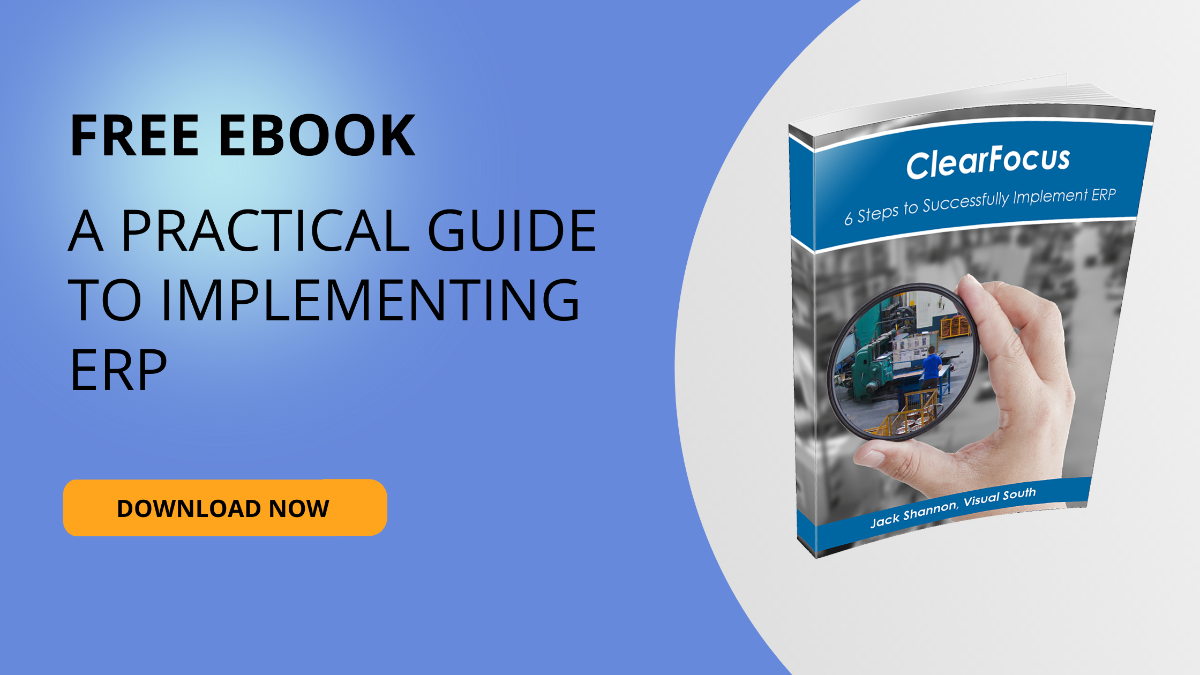Some background before we begin
I work with companies that are in all stages of their ERP journey. Some companies are looking to purchase and implement their first ERP system; they are typically trying to understand what ERP can do, how to evaluate vendors, and dreaming of the “to be” state they are trying to attain. On the other end of the spectrum are companies that have been running ERP for 25 years and longer. These clients are always trying to improve what they have and make themselves a better company. Whether your company is at the same stage as the former, the latter, or is somewhere in between, there is one fundamental truth you need to keep in mind: an ERP system is only as good as the data that is put in it. Let’s get a little background on the types of data an ERP needs before we get in to the importance of the data itself.
What is ERP data?
This is not an exhaustive list, but here are the primary types of data stored in an ERP system:
- Master Data: This is data that’s used to perform transactions, like information related to customers, vendors, materials, resources, etc.
- Transactional Data: This is exactly what it sounds like—data that is created from running transactions. Some examples would be customer orders, purchase orders, work orders, receipts, and shipments.
- Detail Data: This is data such as labor costs, material costs, selling prices, profit margins, etc.
Related: Manufacturing Data: What You Should Collect and Analyze
Commitment to the data is key
Most companies that are using ERP, or planning to use ERP, want easy access to the data. They also want a single source for the data; they don’t want competing systems or spreadsheets that create different versions of the truth. While all ERP systems have good ways of storing the data, and excellent ways to extract the data in some sort of format (via reporting solutions, business intelligence solutions, or a combination of the two), not all companies are able to take advantage of true ERP data analysis. Why? For data to have value, the entire enterprise has to be committed to the ERP solution and the integrity of the data. When this happens, you see an unpolluted ecosystem of accurate data that the enterprise believes in, as well as replicable processes for efficient data mining in your ERP. If you have any groups that drift out of the ERP for their data needs, the ERP’s value begins to diminish, and kick starts a vicious cycle of the previously mentioned competing versions of the truth.
Related: What is Your Data Strategy?
Power BI Reporting & AnalyticsPower BI could revolutionize your business by turning your ERP data into clear insights. Want to see Power BI in action? |
Good data provides value
No matter where you are in your ERP journey, focus on the value of ERP data and its integrity. The companies that get the most from their ERP investment are the ones that have processes in place to make sure bad data does not get in, as well as processes to make sure that the “good” data within the system continues to provide value.
Most companies don’t evaluate ERP on a regular basis. If you are looking for ERP and not sure where to start, how about talking to an expert who is not a sales person? Click here to learn more about Bryan Foshee, and sign up for a free phone consultation to discuss your situation.











